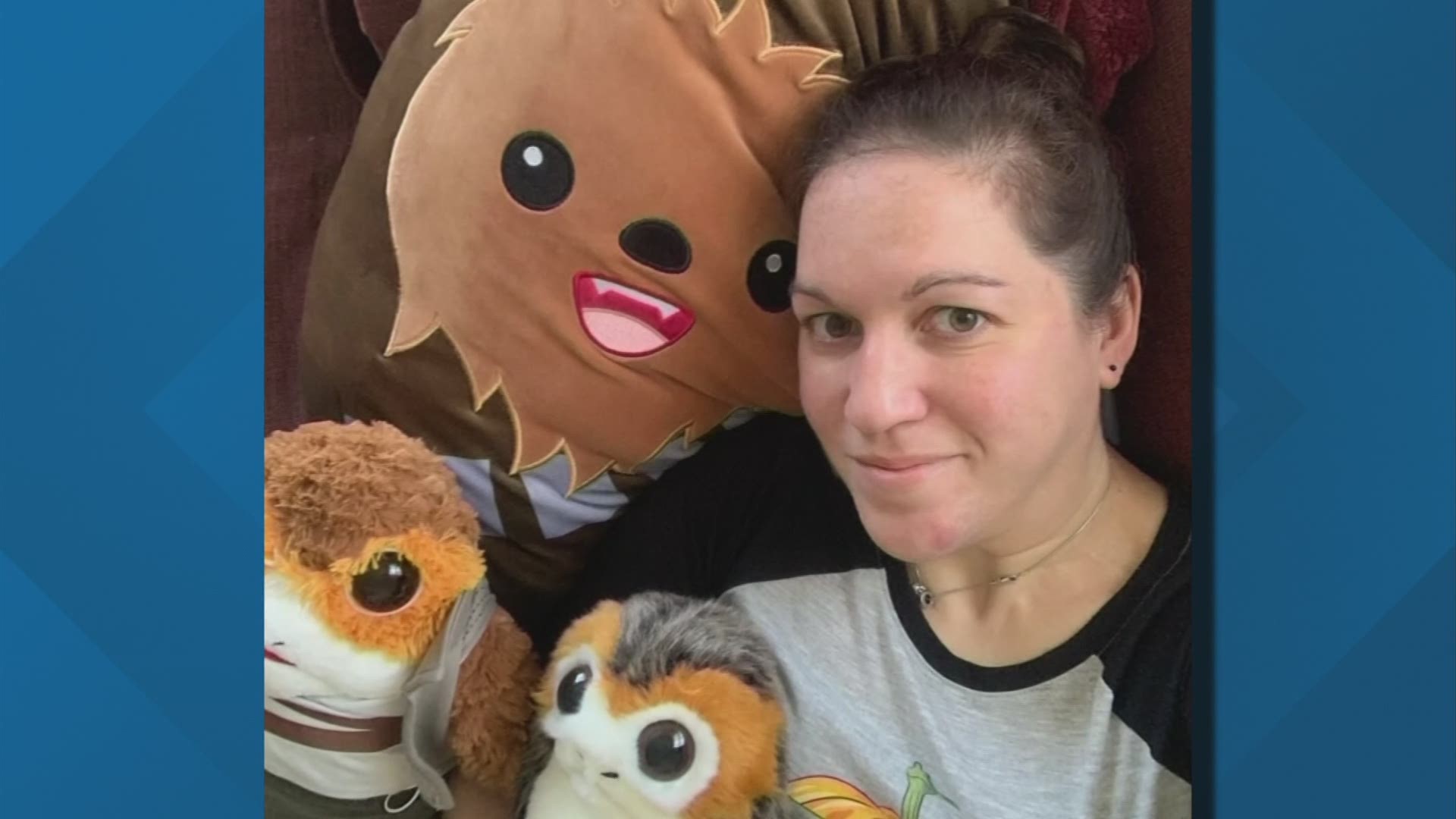COLUMBUS, Ohio — “They said it was pneumonia at first,” Kelly Gleine said. “And, I’ve had pneumonia before and I was thinking, ‘OK, this is going to be a couple rough weeks, it’ll be fine.'”
That was on day one.
“And then when it just kept dragging on…it just kept dragging on,” she said.
Fast forward to Thursday, March 25, 2021, it’s been 365 days.
Every day Gleine has documented a snapshot of her days by posting to her Facebook timeline.
Eventually, she would be what’s called a COVID long hauler, which is a person who, even after their diagnosis, experiences symptoms due to COVID.
“The fact that we’re talking about it and acknowledging that it exists is a big step,” Dr. Joseph Gastaldo said.
Dr. Gastaldo is the medical director of Infectious Diseases with OhioHealth.
He says in late February long hauler was labeled as post-acute sequelae of coronavirus infection or PASC. This, he says, is vital in both the diagnosis and treatment of patients.
PASC is also recognized by the CDC and the National Institutes of Health. In recent months, Gastaldo says another promising sign is that some long haulers have expressed feeling better after receiving their vaccines.
“There are more and more people, anecdotally, talking about that on social media,” he said.
Gleine has been tested for COVID 17 times. As of two weeks ago, she’s received both doses of the Pfizer vaccine. For her, she says there are still good days and bad.
She’s seen doctors, cardiologists, disease specialists, endocrinologists, neurologists. She had to file for disability because she still hasn’t been cleared to go back to work. She thinks back to the beginning where doctors would say it was all in her head, or they would throw their own hands up not knowing how to help her.
Thinking back, she knows much has changed.
“Having an actual diagnosis code…that’s a thing that disability can look at,” she said. “That’s a thing that the insurance companies can look at and say ‘OK, we’re going to cover this because of this’. It gives a lot more legitimacy.”
She’s hopeful more positive change will soon follow.
For more information on PASC, click here.

